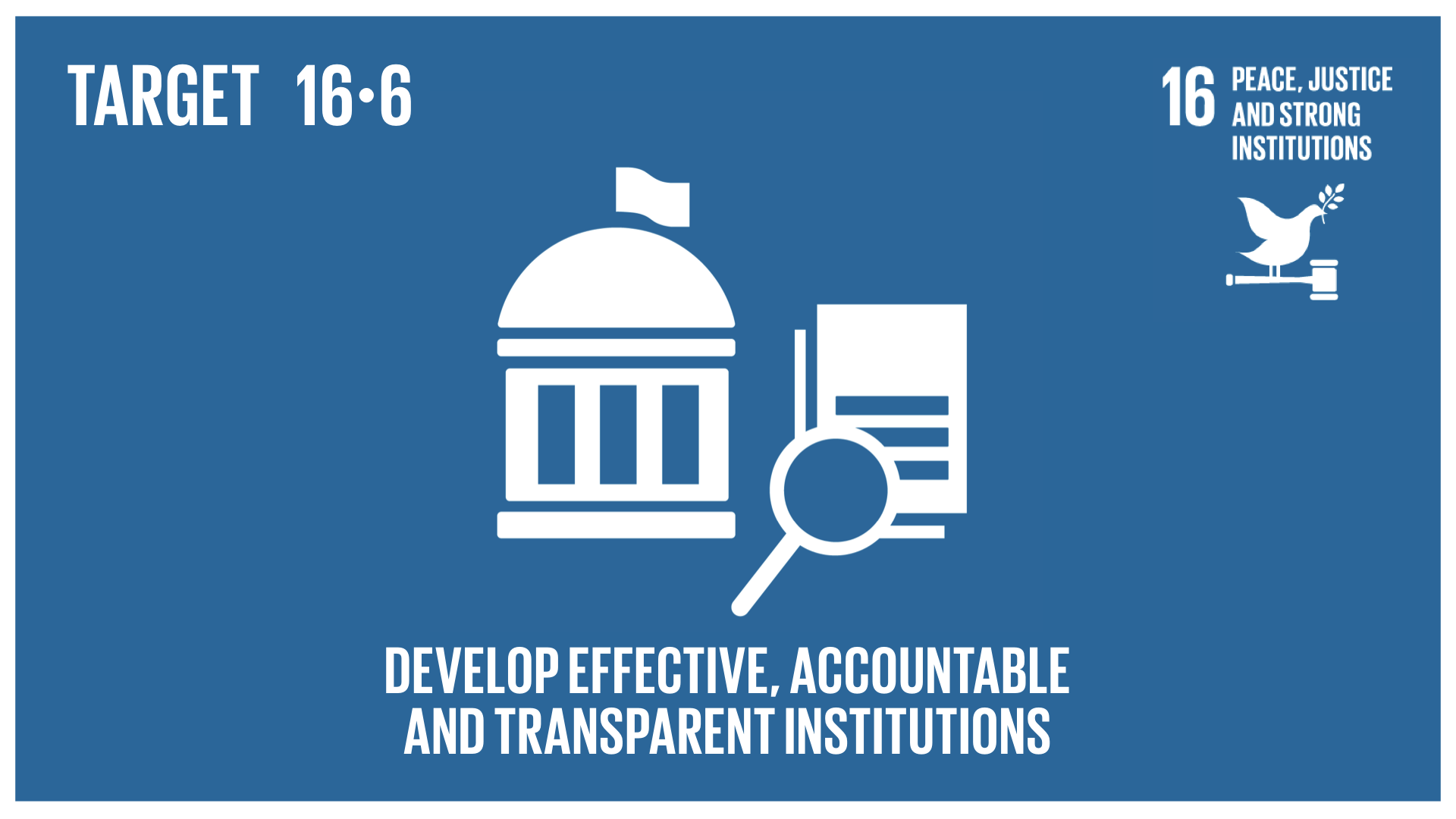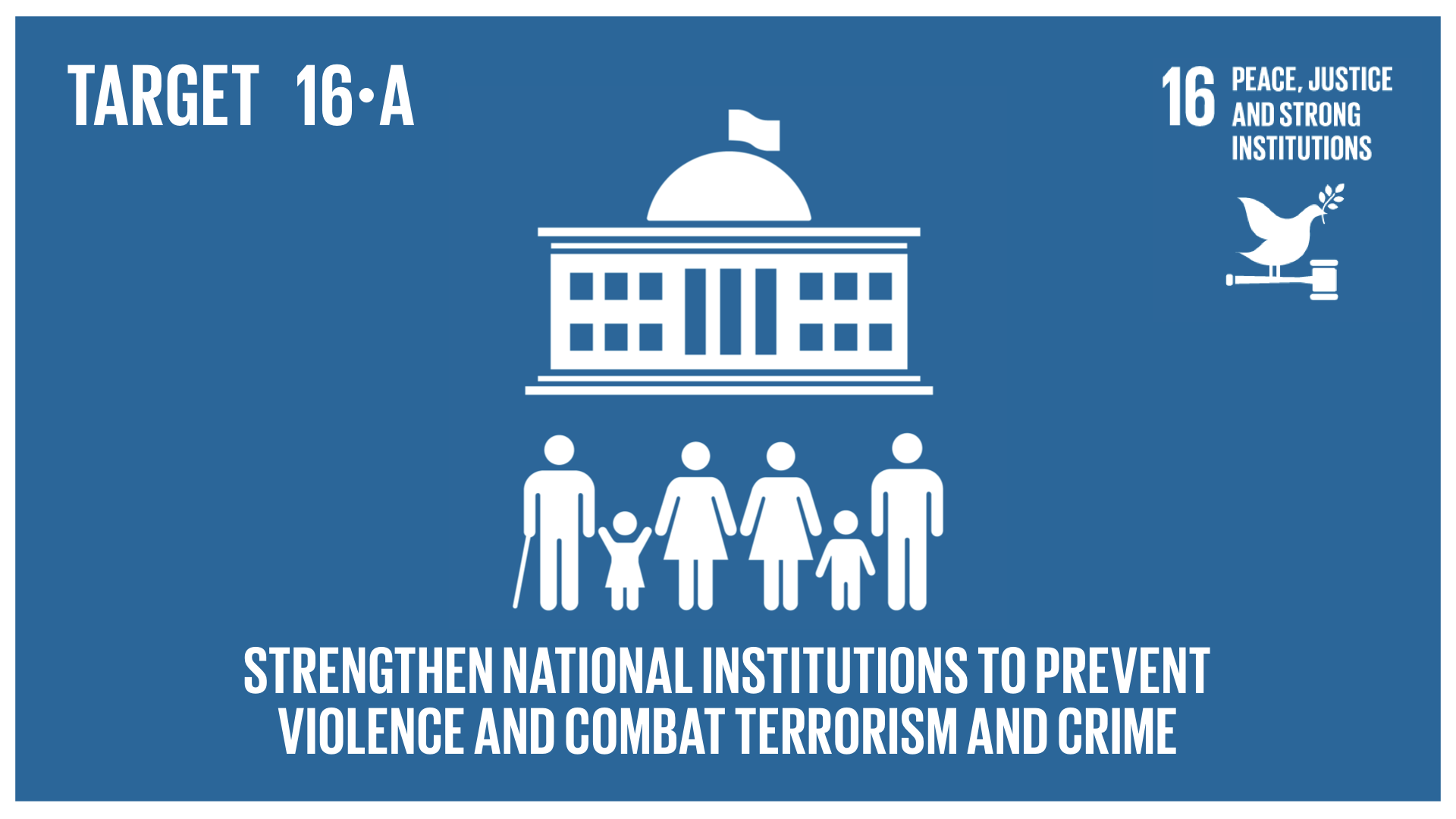Strong Institutions
Strong national institutions need to have the capacity and resources to respect, protect, and promote an enabling environment for human rights defenders.
It is imperative that national institutions act within the rule of law and have effective mechanisms in place for transparency and accountability (see chapter 1 on access
to information and chapter 8 on rule of law and access to justice). National Human Rights Institutions (NHRIs) that comply with the Paris Principles are an indicator for strong institutions under SDG target 16.a. Due to the independent nature of their work, they are in a unique position to use their formal mandates to guide and advise governments on their human rights obligations and to investigate crimes against human rights defenders. “In performing their work, NHRIs and their staff can receive threats and come under attack for promoting and protecting human rights. In order to help hold states and their institutions to account, NHRIs must be free and well- resourced to operate with independence, efficiency, credibility and impact.


